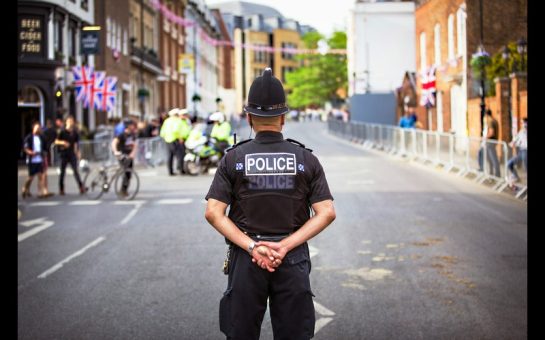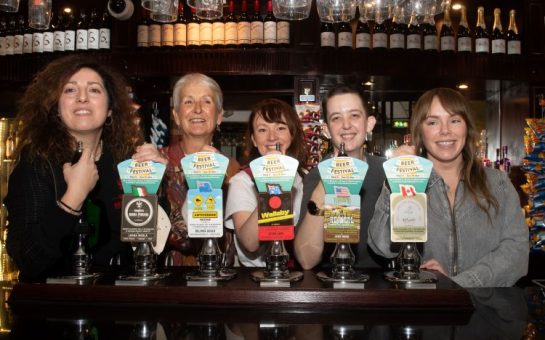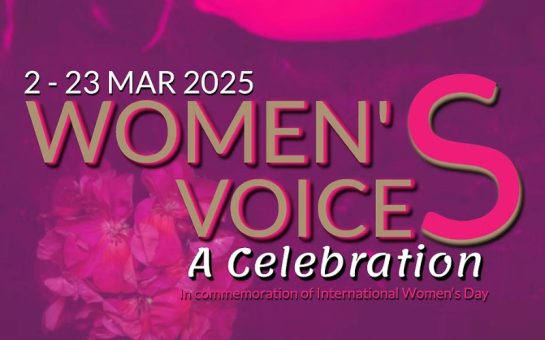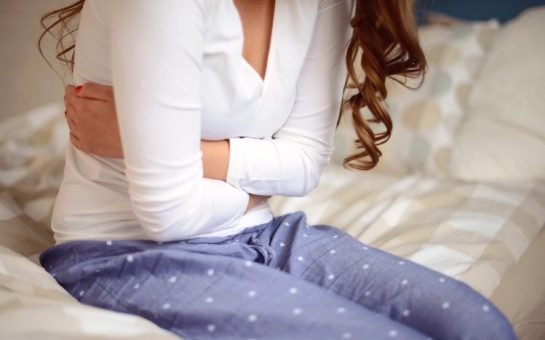London women are questioning police accountability, after an officer was sentenced to life in prison for the murder of Sarah Everard.
Everard’s murder by police officer Wayne Couzens brought questions about police violence and accountability to the forefront of the national conversation, as recent figures from the Femicide Census revealed that at least 16 serving or former officers have killed women since 2009.
A femicide is defined as the killing of females by males because they are female.
A spokesperson for feminist action group Sisters Uncut said: “We know that the police don’t keep us safe, have never kept us safe.
“Police don’t prevent crime, they didn’t prevent the murder of Sabina Nessa, and they caused the murder of Sarah Everard.”
The group, which protests police violence nationwide, announced it will be organising CopWatch patrol groups throughout the country, with free training sessions offered to the public.
“The dozens of police officers who ignored, or sanctioned Couzens’ sexual offences over the years, who called him ‘The Rapist’ but never took steps to prevent his actual rapes, who made misogynistic jokes with him in the WhatsApp group chat, all of these people and the institution itself show us clearly that the police are the perpetrators,” the spokesperson added.
Couzens was part of a WhatsApp group with other police officers where alleged sexist and offensive messages were shared between members.
A Metropolitan Police spokesman explained that the force was not aware of any evidence to support the allegation that Couzen’s colleagues referred to him as a ‘rapist’.
The spokesman added: “We continue to build a picture of Couzens and would urgently appeal to anyone with information about this allegation during his service, including with the Civil Nuclear Constabulary, to contact us immediately.”
The police were widely criticised earlier this year after a BBC investigation revealed that UK Police Forces received more than 800 allegations of domestic abuse against officers and staff over the last five years and only prosecuted 43 cases – just 5%.
The details of Everard’s murder has prompted some people on Twitter to share their statutory rights and common questions to ask police in the event of an arrest.
Islington resident Elizabeth Rose, 21, said: “It feels like the threat of violence enacted by men on women, feminine presenting persons and non-binary people has become more tangible.
“The police reaction to the vigils and protests that followed Sarah’s death were utterly shocking.
“So many women came forward at protests to make known similar losses of loved known, spoken about neglect by police and law enforcement officers, especially when the victims were women of colour, queer or trans women.
“There is such a deep lack of trust in the current policing system.”
Rose detailed how she had to restrict running to daylight hours, wield keys as weapons should she feel threated and wear an alarm to keep herself safe when out alone.
“I’ve talked with friends about not giving into a culture of fear, but it is difficult to strike the balance between essential hyper-vigilance and paralyzing paranoia, when attention to detail could be the difference between life and death,” she added.
An inspection by Her Majesty’s Inspector of the Constabulary found policing of the Sarah Everard vigil to be justified given the risk of COVID-19 transmission, finding that police tried to peacefully disperse the crowd, remained calm in the face of abuse and acted with the appropriate amount of force.
Kensington & Chelsea resident Becca, 25, said: “I do not feel safer after the Couzens verdict. It is a relief he was caught so quickly, but it is a reminder of how vigilant we have to be as women.
“I do think the Met has been accountable, however there has been no acknowledgement of the failures in their vetting process or how they would prevent this happening again.”
Becca suggested that violence and harassment against women needed to be met with harsher punishments to deter some men from offending.
She added: “I sometimes have to put my keys between my fingers when walking home, talk to friends on the phone so I’m not alone and share journey trackers. There are all precautions I shouldn’t have to take.”
Kensington & Chelsea resident Grace, 24, said: “I’ve heard stories from women who said they’ve experienced sexist incidents while working for the police.
“They need to have a really good look at what happened, why it happened and adjust police policy.”
A statement released by the Metropolitan Police acknowledged that Couzens’ crimes raised legitimate questions about the force.
Police also unveiled a new strategy for tackling violence against women and girls, specialist Predatory Offender Units, deployment of 650 new officers into busy public spaces and increased police presence in hotspots for harassment and violence against women.
Commissioner Cressida Dick announced the appointment of an independent figure to conduct a review of the Metropolitan Police yesterday.
The figure will review the Metropolitan Police’s culture and standards, reporting their findings and recommendations back to the Commissioner.
Commissioner Dick said: “All of us in the Met realise that it will take time to rebuild that trust and we will work hard to do so.
“We know that the responsibility sits with us.”
A Met Police spokesperson added: “Tackling violence against women and girls is an absolute priority for the Met.
“Every day our officers are working with partners across the Capital to improve safety in our public spaces and to tackle violence against women and girls.
“We wholeheartedly agree that women should not have to change their behaviour and should be able to go about their business, feeling safe, any time of day or night.
“These appalling crimes have no place in our society. We are determined to bring the perpetrators to justice, while improving safety for everyone in London.
“Everyone should be free to their lives free of the fear of violence.”
Photo credit: Sisters Uncut




